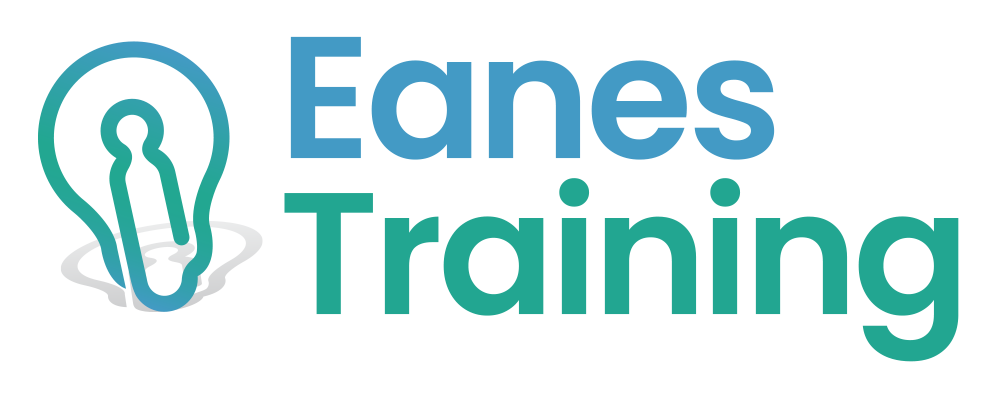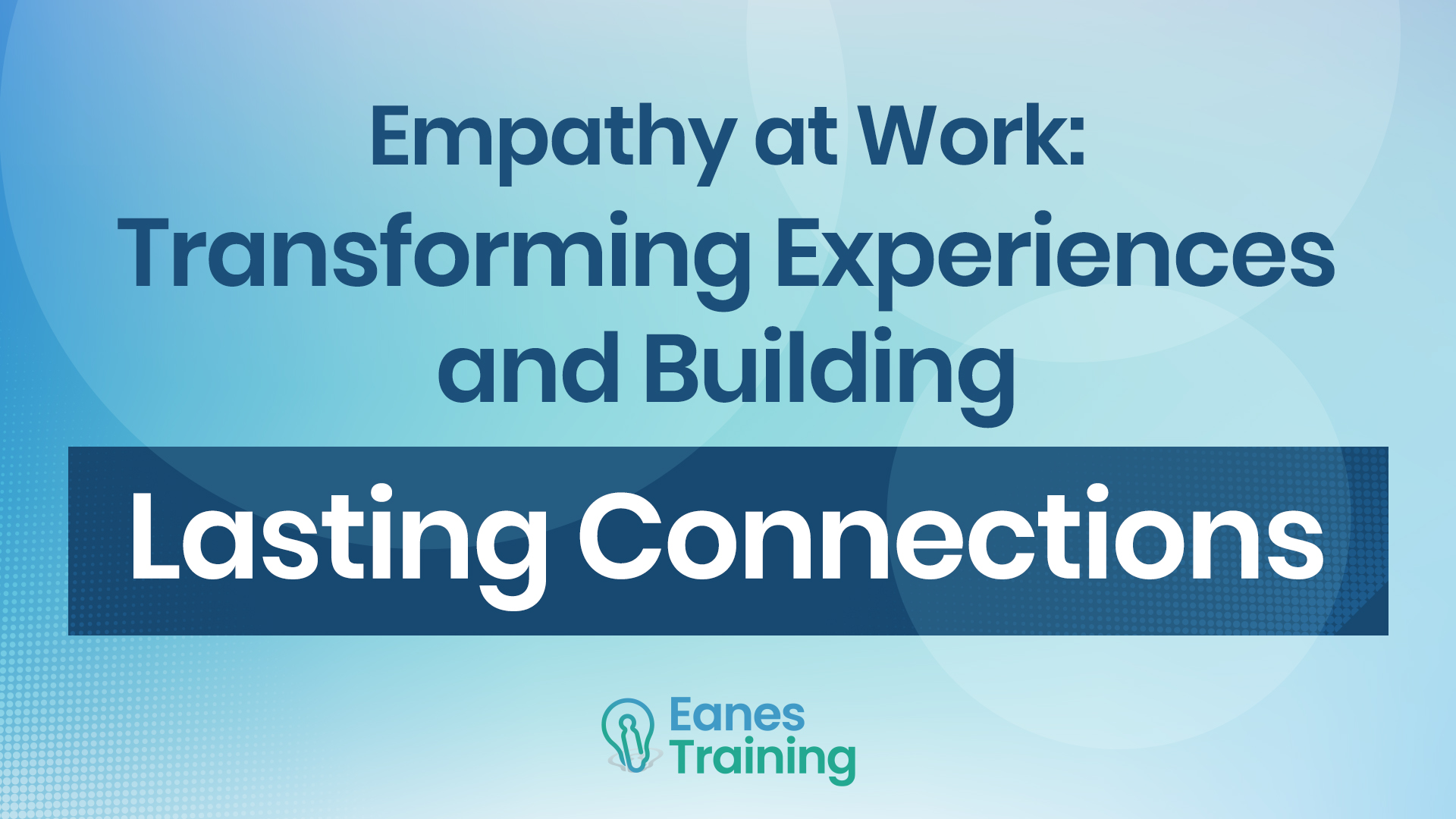Empathy, often regarded as the ability to understand and share the feelings of others, enables individuals to connect on a deeper level, fostering a more collaborative and positive work environment. As the world of work continues to change, empathy plays a critical role in maintaining strong interpersonal relationships and driving business success.
Empathy is not just a "soft skill" reserved for personal relationships; it is a powerful tool that can enhance the overall performance of an organization. By fostering a culture of empathy, employees are more likely to feel valued, respected, and understood, leading to increased job satisfaction and productivity. Furthermore, empathetic leaders are often seen as more trustworthy and effective, resulting in a more engaged and motivated workforce.
Benefits of Practicing Empathy at Work

The benefits of practicing empathy in the workplace are vast and far-reaching. Some of these benefits include:
- Improved collaboration and teamwork
- Enhanced employee engagement and satisfaction
- Stronger leadership and management skills
- Increased innovation and problem-solving abilities
- Greater adaptability to change
By exploring different aspects of empathy, including its definition, types, and impact, we aim to empower readers with the knowledge and tools necessary to foster a more empathetic and connected work environment.
Understanding Empathy
Empathy is the ability to understand, share, and respond to the feelings, thoughts, and experiences of others. It involves placing oneself in another person's shoes to comprehend their emotions and perspectives better. Empathy helps create a supportive and inclusive workplace environment where employees feel valued, respected, and understood.
Types of Empathy: Cognitive, Emotional, and Compassionate
- Cognitive Empathy: This form of empathy involves understanding another person's thoughts, perspectives, and mental state without necessarily feeling their emotions. Cognitive empathy allows individuals to acknowledge and appreciate diverse viewpoints, leading to more effective problem-solving and decision-making in the workplace.
- Emotional Empathy: Emotional empathy, often referred to as affective empathy, involves directly feeling and sharing the emotions of others. This type of empathy creates a strong emotional connection, leading to deeper relationships and enhanced teamwork.
- Compassionate Empathy: Compassionate empathy combines cognitive and emotional empathy, allowing individuals to understand, feel, and respond to the needs of others. This form of empathy drives individuals to take action and provide support, fostering a more compassionate and caring work environment.
The Role of Empathy in Effective Communication and Collaboration
Empathy plays a vital role in fostering effective communication and collaboration within the workplace. By understanding and acknowledging the feelings and perspectives of others, individuals can tailor their communication style and approach to address the needs and concerns of their colleagues. Empathetic communication encourages open and honest dialogue, which leads to stronger relationships, increased trust, and a more harmonious work environment.
Furthermore, empathy allows team members to appreciate the diverse skills, strengths, and ideas each individual brings. This fosters a collaborative atmosphere where everyone's input is valued, ultimately leading to more creative and innovative solutions to complex problems.
The Impact of Empathy in the Workplace

Enhanced Teamwork and Collaboration
Empathy is a driving force behind successful teamwork and collaboration. By understanding and acknowledging their colleagues' feelings, perspectives, and experiences, employees can communicate more effectively and work together more harmoniously. Empathetic team members are more likely to offer support, resolve conflicts, and create a positive atmosphere, resulting in increased productivity and stronger working relationships.
Improved Employee Engagement and Satisfaction
A workplace that values empathy fosters a sense of belonging and mutual respect among employees. When individuals feel understood and appreciated, they are more likely to be engaged, satisfied, and committed to their work. This heightened level of employee engagement can lead to improved performance, reduced turnover, and an overall more positive work environment.
Stronger Leadership and Management Skills
Empathy is a critical skill for effective leadership and management. Empathetic leaders are better equipped to understand the needs and concerns of their employees, enabling them to make more informed decisions and provide appropriate support. By demonstrating genuine care for their team members, empathetic leaders build trust, loyalty, and commitment, ultimately fostering a more motivated and high-performing workforce.
Increased Innovation and Problem-Solving
Empathy plays a significant role in driving innovation and creative problem-solving within organizations. By fostering an environment where diverse perspectives are valued and embraced, companies can tap into their employees' collective wisdom and experience. Empathetic employees are likelier to approach problems with an open mind, collaborate effectively, and generate novel ideas and solutions. In this way, empathy catalyzes innovation, contributing to the long-term success and growth of the organization.
Strategies for Developing Empathy in the Workplace

Cultivating empathy in the workplace requires deliberate effort and commitment from both individuals and organizations. This section discusses various strategies for fostering empathy, including active listening, emotional intelligence training, promoting inclusivity, and engaging in empathy-building activities.
Active Listening and Open Communication
Active listening is a critical component of empathy, as it involves fully focusing on, understanding, and responding to another person's thoughts and feelings. Encourage employees to practice active listening by giving their undivided attention to their colleagues, asking open-ended questions, and providing empathetic responses. Open communication, in which everyone feels comfortable sharing their thoughts and feelings, fosters a more empathetic work environment.
Fostering an Inclusive and Diverse Work Environment
An inclusive and diverse work environment promotes empathy by encouraging employees to appreciate and learn from their colleagues' unique perspectives and experiences. Companies can foster inclusivity by implementing diversity initiatives, offering cultural competency training, and creating policies that support and celebrate differences. Employees who feel valued for their uniqueness are more likely to empathize with and support their coworkers.
Role-Playing Exercises and Empathy-Building Activities
Role-playing exercises and empathy-building activities allow employees to practice empathy in a safe and supportive environment. These exercises may involve scenarios that require participants to put themselves in another person's shoes, such as dealing with a demanding customer or supporting a coworker in crisis. By engaging in these activities, employees can develop a deeper understanding of the experiences and emotions of others, ultimately strengthening their empathetic capabilities in the workplace.

As explored throughout this blog, empathy is a powerful and transformative force in the workplace. By understanding and sharing the feelings and perspectives of others, employees can forge stronger connections, enhance collaboration, and foster a more inclusive and supportive work environment.
We encourage organizations and individuals to prioritize empathy and connection-building in their professional settings. Companies can cultivate a more empathetic and successful work environment by implementing the strategies discussed in this blog, such as active listening, emotional intelligence training, and fostering inclusivity.
As you embark on your journey to foster empathy in your workplace, consider partnering with Eanes Training to enhance workplace performance through employee development and improved self-awareness. Our programs are designed to empower companies globally with highly engaged and emotionally intelligent employees, leading to increased earnings and a happier workforce.
Together, we can create a future where empathy and connection-building are at the forefront of professional success and employee well-being.

